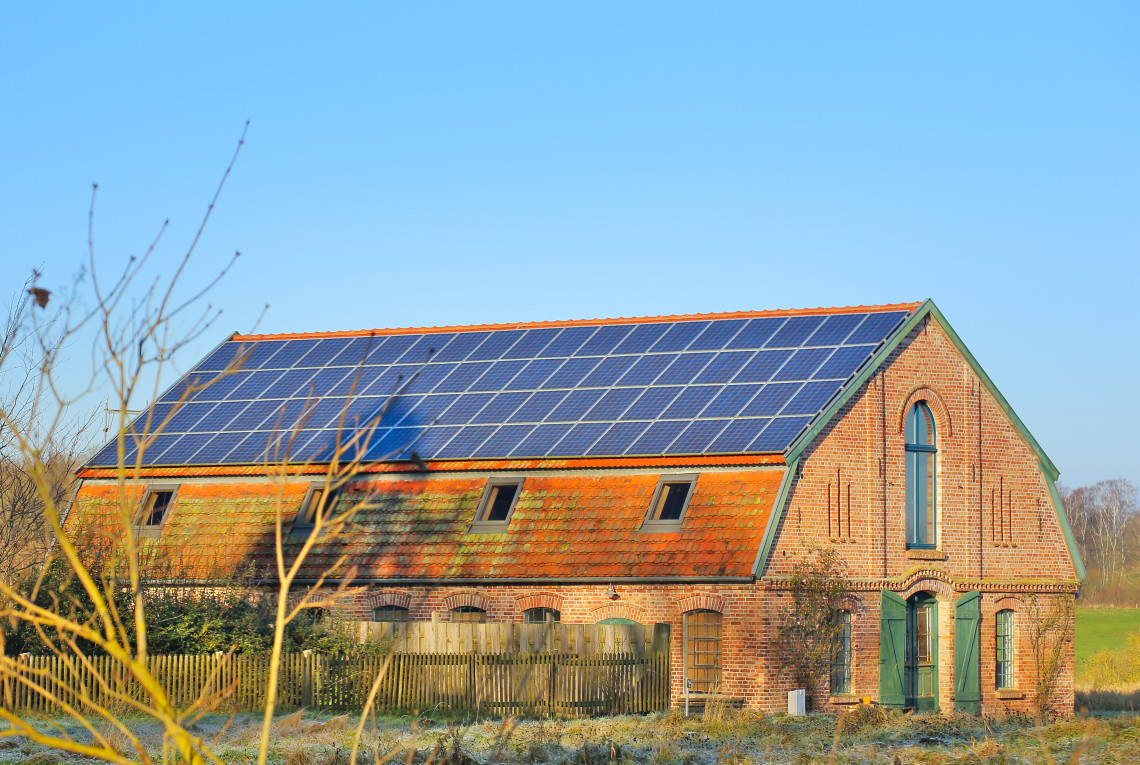
“A healthy lifestyle is also good for the climate”
A new report shows the global link between climate change and health. What doctors are now recommending to politicians.

A good choice for climate protection
Biden’s presidency provides a real opportunity for national and global climate policies, according to Reimund Schwarze from the Helmholtz Centre for Environmental Research.

Electricity from the facade
If we want to meet the climate targets, the city of the future must become much more efficient. Buildings will then have to produce energy themselves – and solar facades harbor vast potential for this.
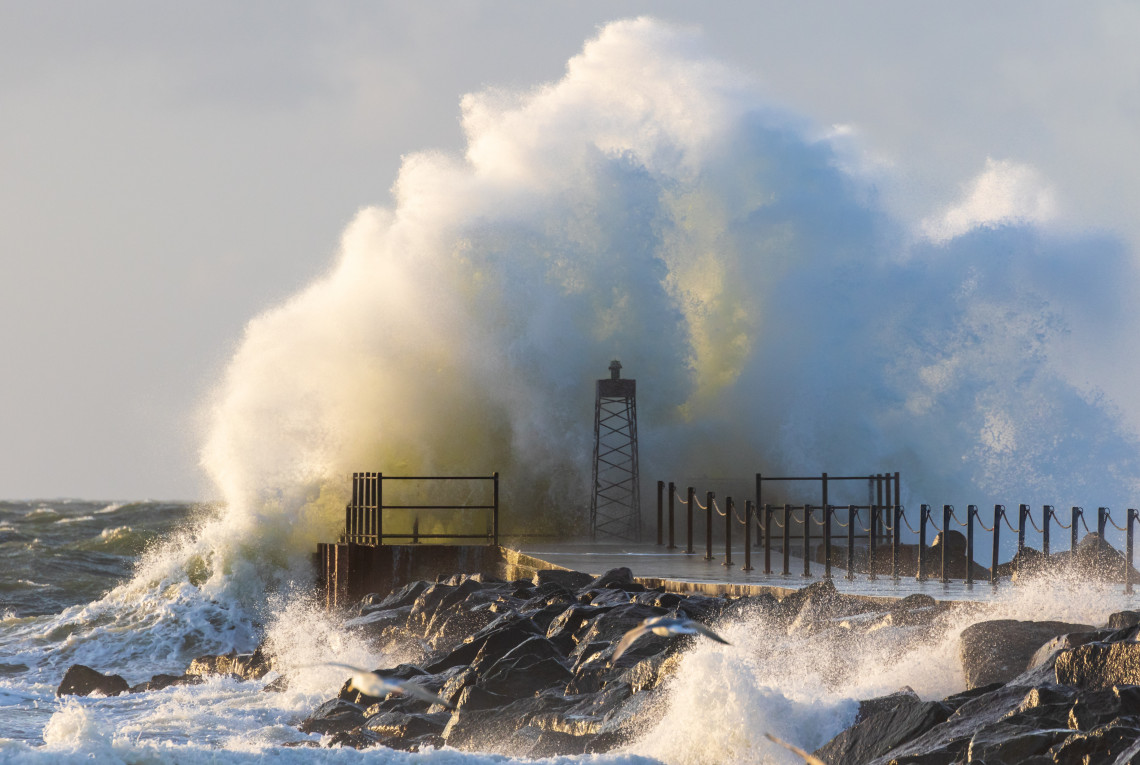
“Correctly classifying the strength of a storm”
Nowadays, whenever a European windstorm sweeps across Germany, many people wonder whether climate change is to blame. The new storm monitor website now provides answers to this and other questions. In this interview, Oliver Krüger explains what other information the storm monitor offers and who he expects will use it.
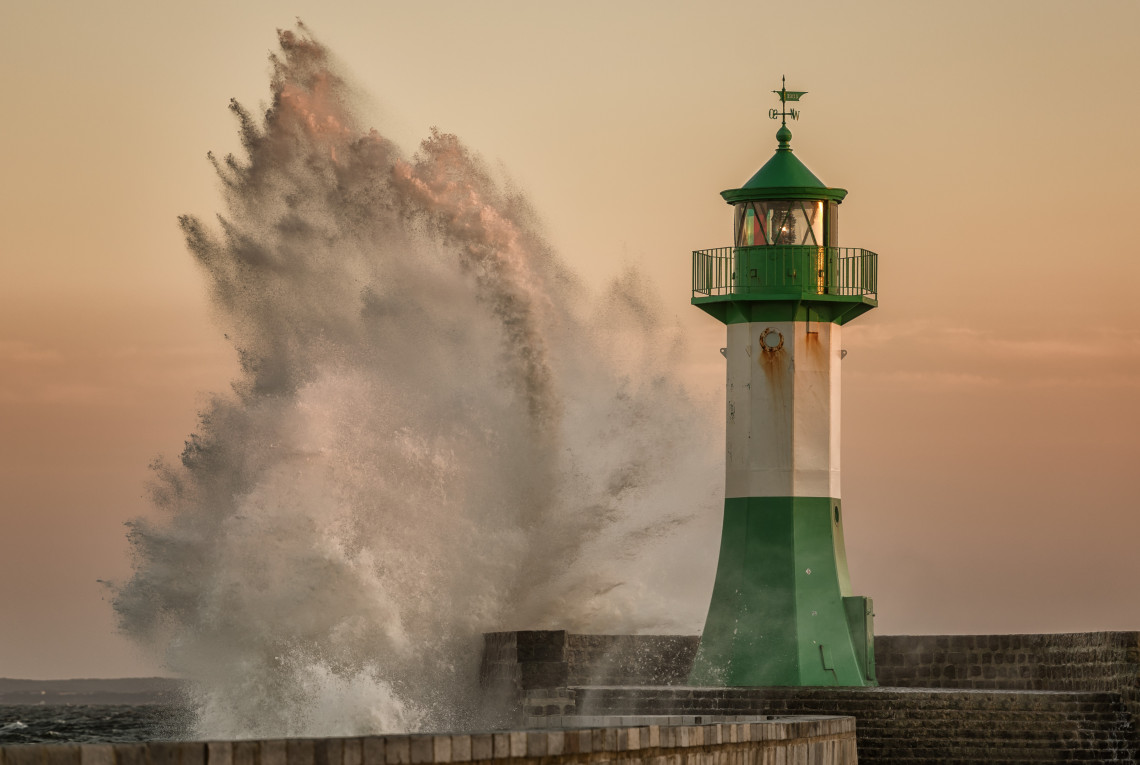
“Storm surges are higher and more frequent”
This summer, many people are not going to the beaches of southern Europe, but to northern Germany. Insa Meinke works where the others go on vacation. She heads the North German Coastal and Climate Office at the Helmholtz-Zentrum Geesthacht and researches how climate change is affecting the region in particular.
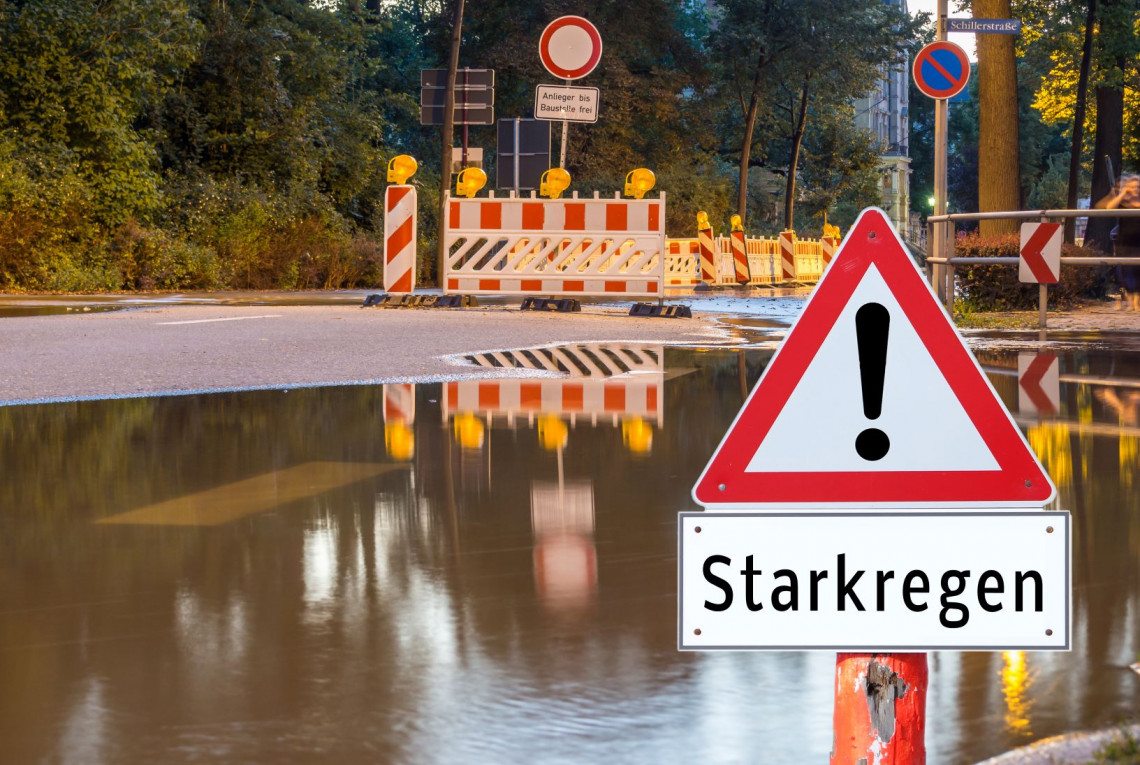
Sudden and intense: heavy rain
Rivers that swell into raging torrents, flooding as far as the eye can see, and hillsides that come sliding down, carrying houses with them – time and again, extremely heavy rains devastate entire regions. And due to climate change, they will continue to storm into our lives with greater frequency.

„We are researching a more precise early-allergy-warning“
For many people who suffer from an allergy, climate change makes life even more difficult. Take pollen allergy, for example: the season starts much earlier because of the mild winters, the pollen count is usually higher - and lasts longer. Even extreme weather conditions can lead to severe allergies, for example for those suffering from asthma.
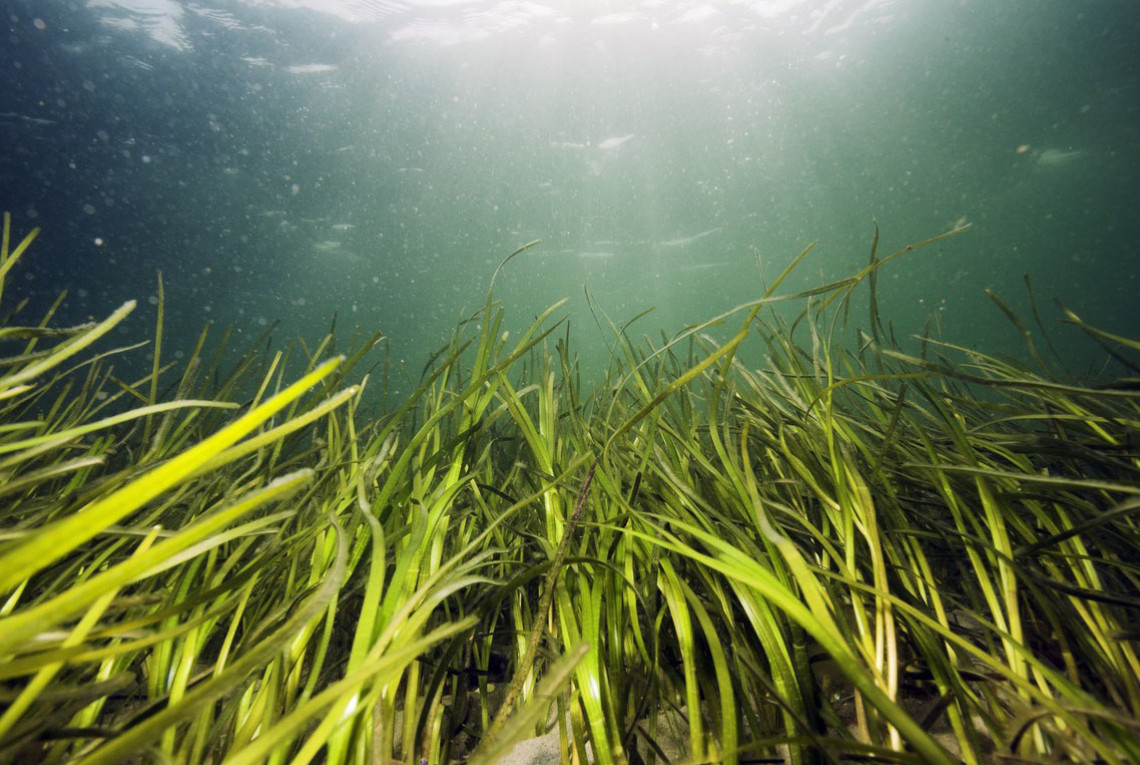
“For seagrass meadows the impacts could be severe”
Two thirds of the earth's surface is covered by water. Oceans play an important role to us humans - they are food sources, heat stores, trade routes and one of the most important stores of carbon dioxide (CO₂). In particular, seagrass meadows along the coasts absorb a lot of CO₂, but this ecosystem is sensitive to the effects of climate change and could lose much of its storage function.
